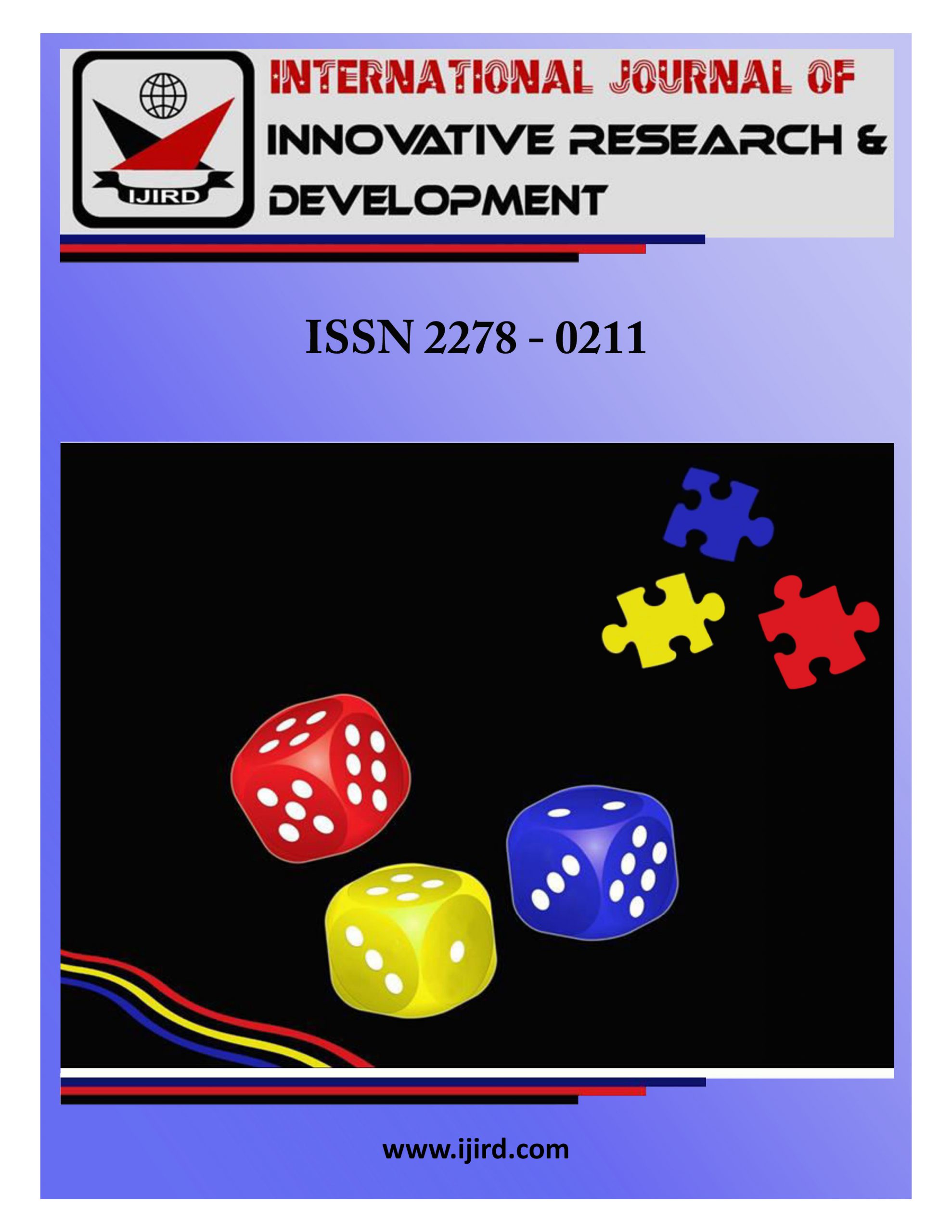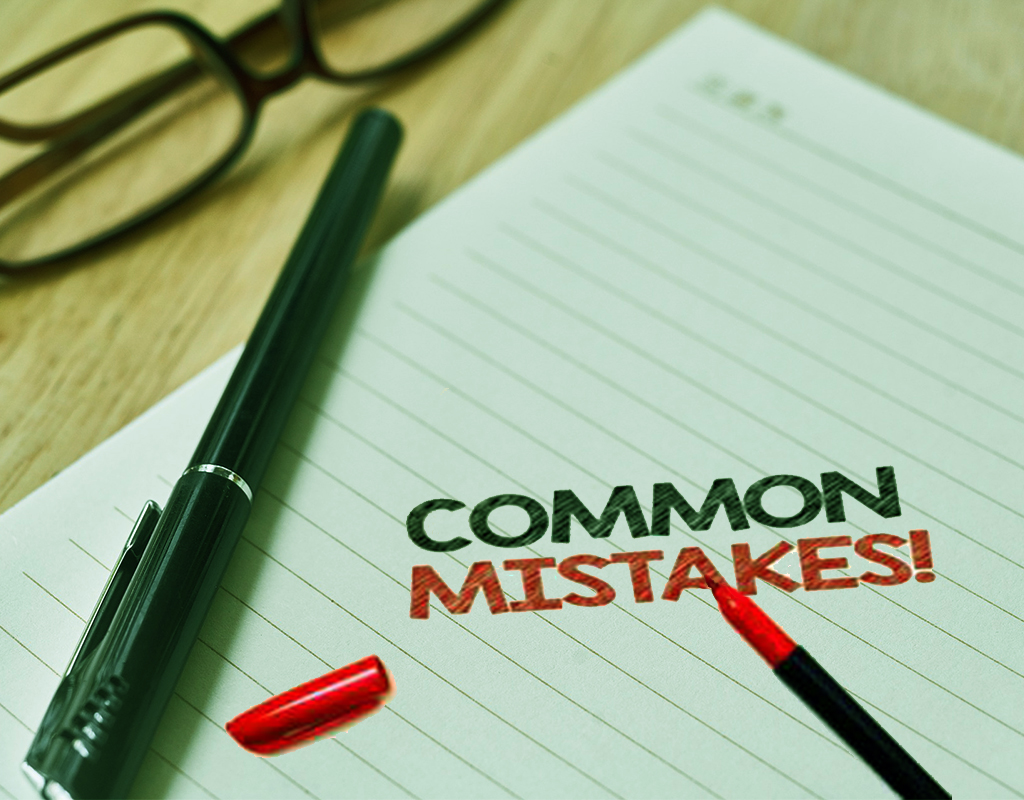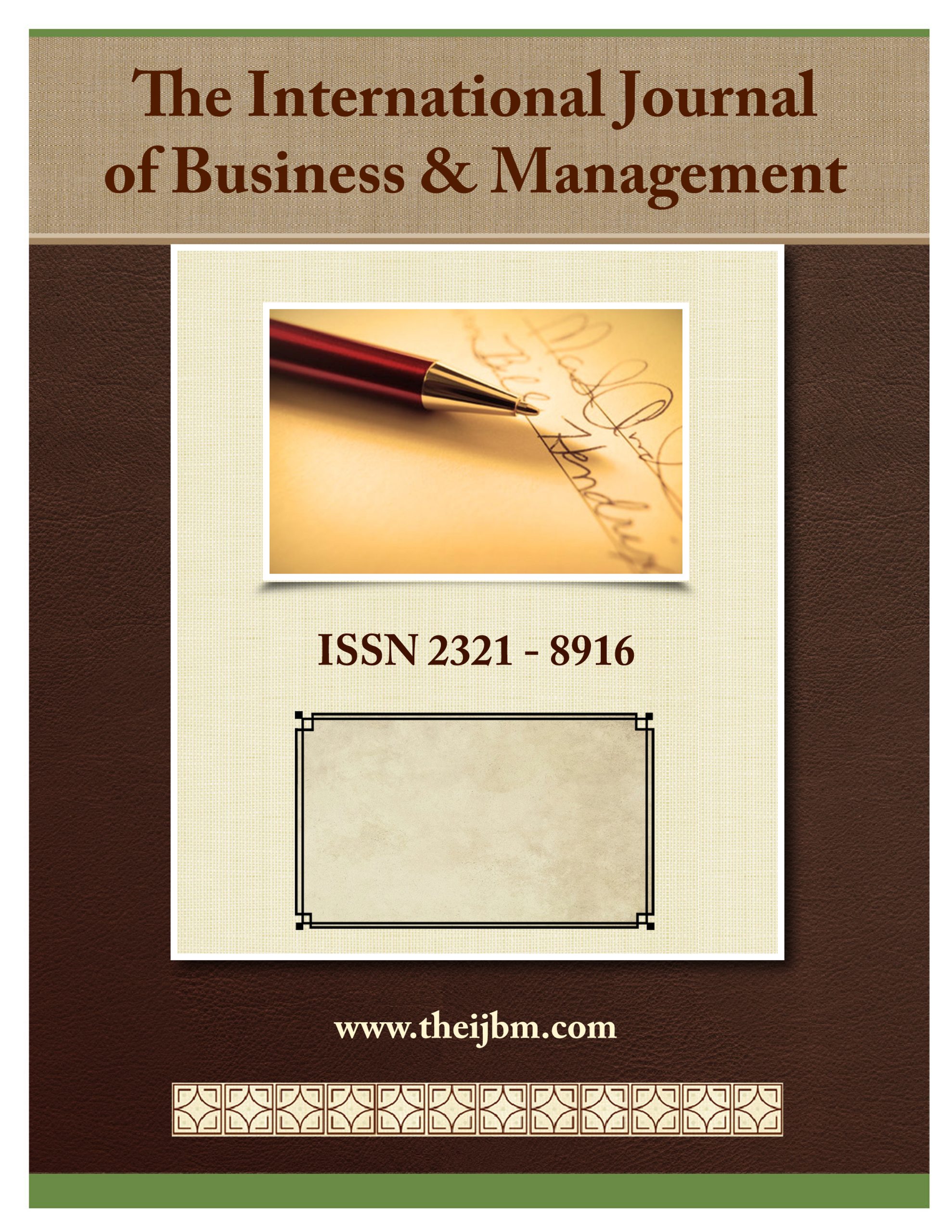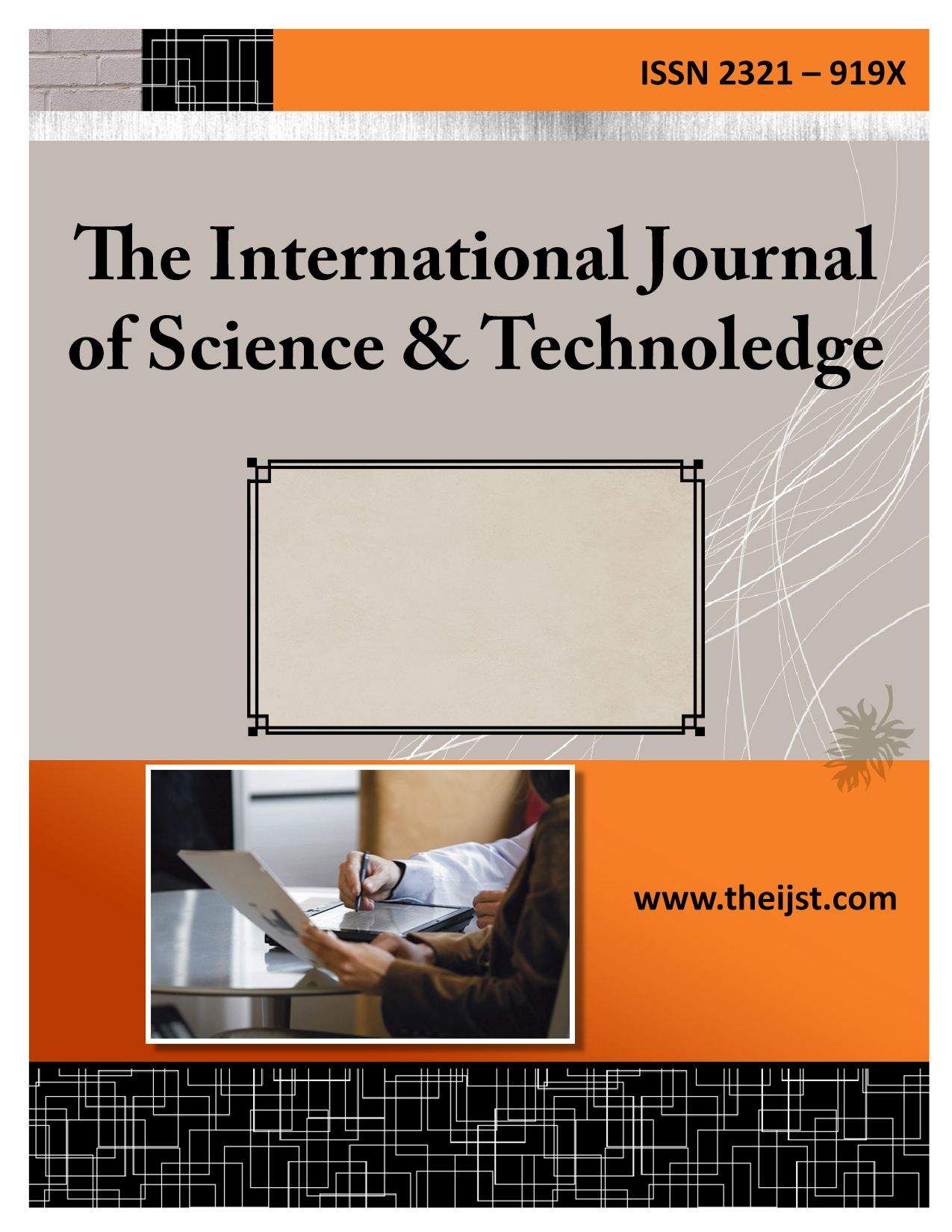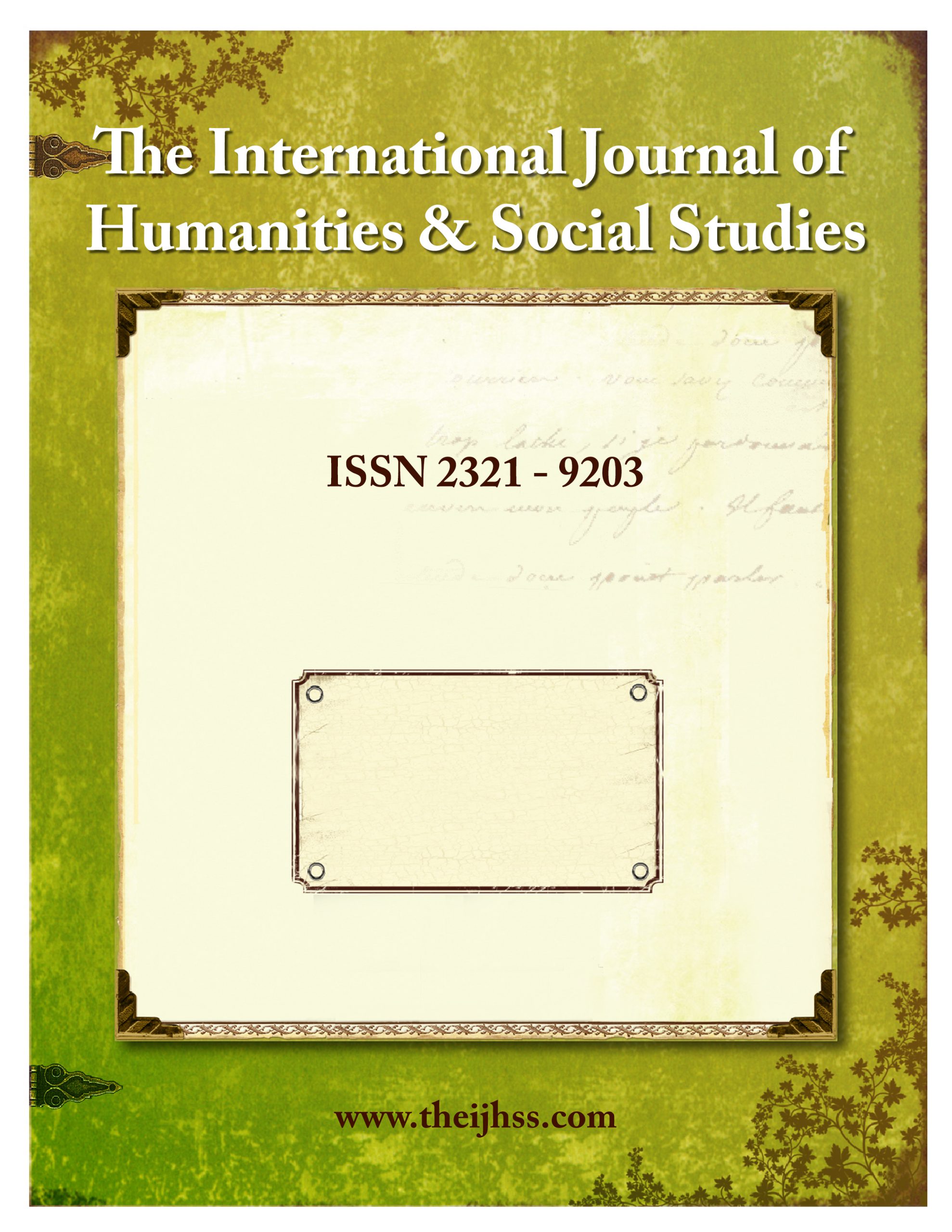Publishing scientific works is an important part of many disciplinary programs, and hence we have to choose an international journal where we can send our work for review. Sometimes, we may have re-send the research work multiple times due to rejections. But it is necessary to ask oneself why the scientific work, even after weeks of turmoil, blood and sweat and effort gets rejected. Perhaps the author is making mistakes that are unacceptable in a good scientific work. So how can we identify these common mistakes and rectify them?
Below is a list of common errors authors usually make in a scientific research-
- Vague or Unspecified Research– Every research paper need to have a clear and specific research question which the findings and results will finally attempt to answer. Research question can be one or many, but it cannot be confusing. It cannot be too broad that it remains unidentified. Let’s look at an example- “The paper studies children of the slum area, how they leave in poverty, and how they suffer in undernourishment. The research tries the answer if there is good education system. The politics that plays a major role in the dwelling of slums, how does that affect the living of slum children etc.” This is a vague research question, because it cannot be understood whether the question is “do slum children suffer from malnutrition?” or “do slum children have proper means of education?” or is it “what are the ways poverty affects slum children?” or if it is “how politics impact the life of slum children?”.
A research question should clearly address the problem at hand and focus on what the paper is attempting to find. Below is an example of good research question- “What factors affect people’s belief in a higher power?”
- Less Focus on Objective– A research paper which doesn’t clarify its objective in the beginning is not a good research paper. You have to define the problem focusing on all important aspects and explain why is it important to solve that problem. That is called the objective of your study. You have to formulate a very strong objective in order to justify the necessity of your research.
- Structure of Paper is Chaotic– It is a common an unintentional mistake to include your Methods in the Result section. Literature review in the discussion section. Before you begin writing, you need to organize what each section of your paper must contain, for e.g. Introduction should define the research question after giving a background to the topic. Methods discuss the way in which the research question has been answered i.e. the tools and techniques used in the study. Results show the findings that have achieved from the tests and Discussion/Interpretation says what these results may mean in context of the topic.
- Introducing a Completely New Idea in the Summary– A summary or conclusion is meant to summarize what you do throughout the research. You are not supposed to talk about a completely alien viewpoint which you haven’t assessed anywhere in the body of the paper. This is not improper structure but non-cohesion of thoughts and findings. A recognized international journal always gives importance to the format of the paper and synchronization in thought process.
- Not Using Appropriate Figures and Tables– When data or findings are being listed in the paper, it is necessary to tabulate them categorically. It not only makes the research appealing but also expresses clarity of thought on part of the author. Also, the findings are clearly visible and comparable to the readers. But if you do not provide tables, and try to discuss everything, it is hard to differentiate between results and discussion. Figures and graphs are also necessary for making the results vivid and enriching the presentation of the paper.
- Citing Sources Incorrectly: This can happen in many ways. a) You do not use a proper format for citation. Always follow a specific style or format like APA, MLA etc. b) You have used very old resources for citation. In this case, reviewers of an international journal consider that there has been no progression in scientific work related to the study topic and straight away reject the paper. They do not want to stress themselves with extra peer-review rounds. c) Confusing annotated bibliography with literature review. This is very common. A literature review is analysis of related work that has happened the field of your research since a particular timeline and records its progression. Simply quoting another author or text or annotating A tested B and found C is not review of literature.
- Not Answering the Research Question– Say you did the research, tested your sample and found out results, but your interpretation and conclusion do not answer the research questions, then your research is a failure. Say you started to find A and you end up concluding B, your research is vague. While writing a paper, it is important to focus on how you attempt to answer your research question.
- Inappropriate Grammar and Language– Proper writing is the only way you can convey your research to the readers. An international journal has millions of research works to choose from for publication. A research can be rejected merely on the basis of wrong English. So it is important to check your tenses and punctuations everywhere, while you write and also after you have finished writing.
- Improper Proof Reading– Finishing a research work is just the beginning of a process. A paper which isn’t edited properly will have loose ends, chaotic structure, unclear opening and closing statements and imperfect grammar. Proof-reading is very important. There are software which help you. You can also hire someone to do it for you so that mistakes are easily identifiable.
A person who works on these parameters regularly continues to improve their quality of researches over time.

